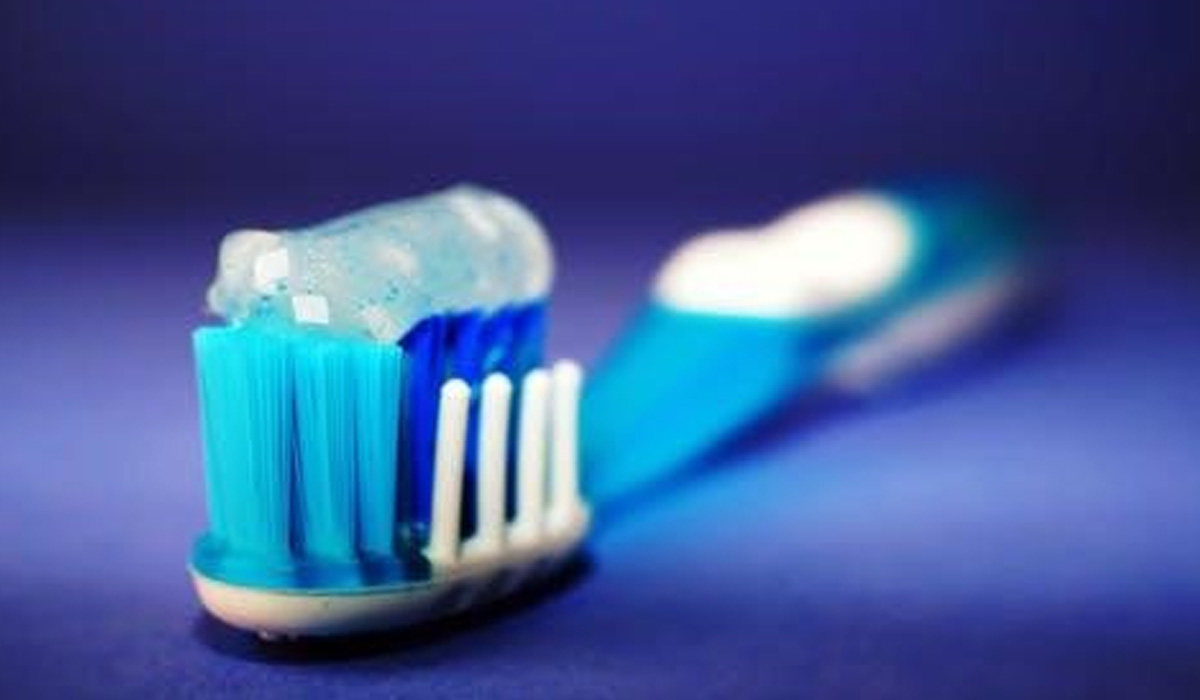You brush your teeth twice daily and don’t think much about it. To you, your teeth seem pretty healthy. But then you go to the dentist near you, and they tell you that your teeth have plaque build-up between all of your teeth and under the gum line.
Good dental health is about more than just brushing your teeth. Though significant, brushing twice daily scratches the surface of good dental health. There are so many easy ways to change your habits and become a master of your oral health.
From our years of experience here at Valley Ridge Dental Centre, seven lifestyle changes can drastically improve oral and overall health.
Flossing is something everyone knows about, but only some people stick with it in their daily routine. Flossing doesn’t have to be a time-draining and challenging activity. It can be accomplished right after brushing teeth and doesn’t require much effort. Flossing is something that everyone can and should do.
Let’s go over how to properly floss one’s teeth so that you can get started.
- First, purchasing the correct floss is essential. Avoid getting a floss that breaks too easily. Instead, ensure it is not rough enough to damage your gums. It would help if you got a floss that matches the crowding of your teeth.
- As you floss, get a long enough strand to wrap each end around your pointer fingers twice.
- Put the floss between two teeth and pull the floss back and forth two or three times to get the gunk out. If it is your first time flossing, you should expect a bit of blood. That’s perfectly normal and will go away with time.
- Once you are done with one tooth, unwind the floss and rewrap it so you use a different part to clean the next spot. Follow this until you have cleaned every tooth.
- When you are finished flossing, rinse to remove any leftover dislodged food.
1. Tongue Scraping
Another small change that can make all the difference. Tongue scraping gets what floss and brushing cannot. It focuses solely on your tongue, where the harmful bacteria in your mouth like to hang out. It also removes food debris and dead cells and helps with bad breath.
Tongue scraping is simple. All you need is a small tool found in most dental hygiene sections of department stores, pharmacies, or grocery stores. Using the tool, scrape along the top and sides of your tongue. Rinse your mouth when you finish.
Scraping should be done after brushing and flossing as final cleaning. It makes sure that every section of your mouth has been cleaned thoroughly.
2. Water
Drink more water. It is a general bit of advice that also helps with oral health. Most people need to drink more water. As dentists, we can tell this immediately if a patient is one of these people by their chapped lips. Chapped lips are just one of the many signs of dehydration.
Water is the perfect cleaning agent. Keeping water flowing through your mouth allows the bacteria to be swept away and dealt with. Of course, this isn’t deal with all the bacteria, but it will help.
The water also helps your body function at its total capacity. It means your immune system is fully set to fight infections that could quickly occur in your mouth.
3. Mineral-Rich Foods
These are foods that contain calcium, magnesium, and phosphorus. Your teeth rely on these minerals to recover from cavities. These minerals also help with jaw strength and bone support, which helps to prevent mouth infections.
Foods rich in these minerals include dark, leafy green vegetables, most fruits, legumes, and other plant-based proteins.
4. Avoid Sugar
Sugar works as a friend of bacteria, allowing it to fester more quickly and build more plaque in your mouth. Sugar is also acidic, so it eats away at the enamel in one’s teeth. Of course, sugar can be difficult to avoid. What’s important is to do your best to pass on snacks, desserts, and sugary beverages whenever possible.
Natural sugars are better than processed sugars. Eating fruits is incredibly healthy to get your daily sugar intake without ruining your teeth. Be careful about the acidity of certain fruits, such as citrus, because these can also lead to corrosion of the tooth enamel.
5. Exercise
Does exercise help oral health? Well, in short answer, yes. Regular exercise prevents gum disease. The relationship between physical activity and gum disease is negatively correlated. The more a person exercises regularly, the less likely they are to develop gum disease.
Maintaining a healthy BMI is beneficial to oral health. It stops you from having health issues like hypertension and diabetes. Weight is known to affect dental health, and being at a healthy weight is an excellent way to keep your teeth healthy for longer.
6. Quit Smoking
If you are a non-smoker, you can skip this bit. But for those who can’t ditch this habit, smoking increases gum disease risks since it lowers your immune system functionality. In addition, it affects the appearance of your teeth since the nicotine and tar can lead to dark yellow stains.
Smoking can easily lead to tooth loss since the gums are generally weaker. There is also more plaque on your teeth if you smoke since no oxygen comes to the gums and mouth.
Smoking causes bad breath. It is, unknown to many, one of the leading causes of mouth cancer.
Try At Least One of These 7 Changes
If you make all or even just a few of these lifestyle changes, you’ll be able to regain control of your oral health. Plus, your dentist will be pleasantly surprised at your next appointment. Contact our dental clinic in NW Calgary today.

